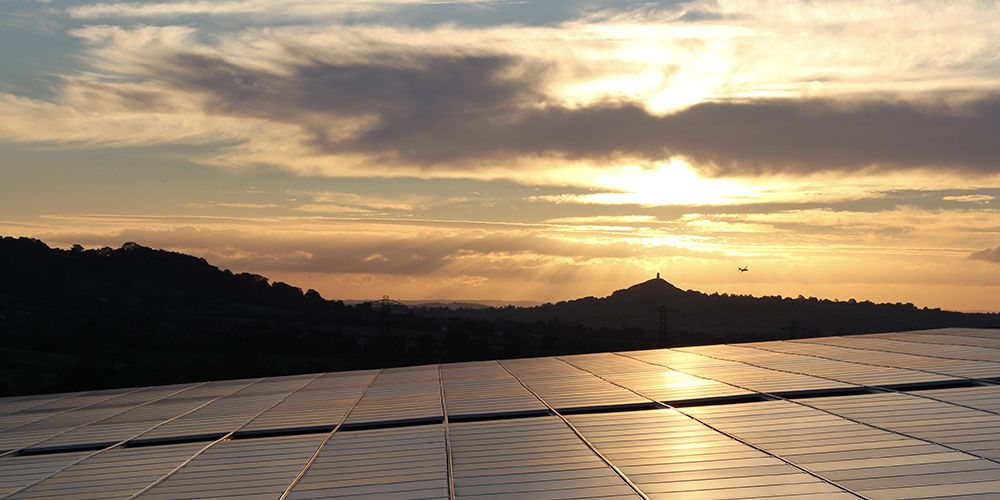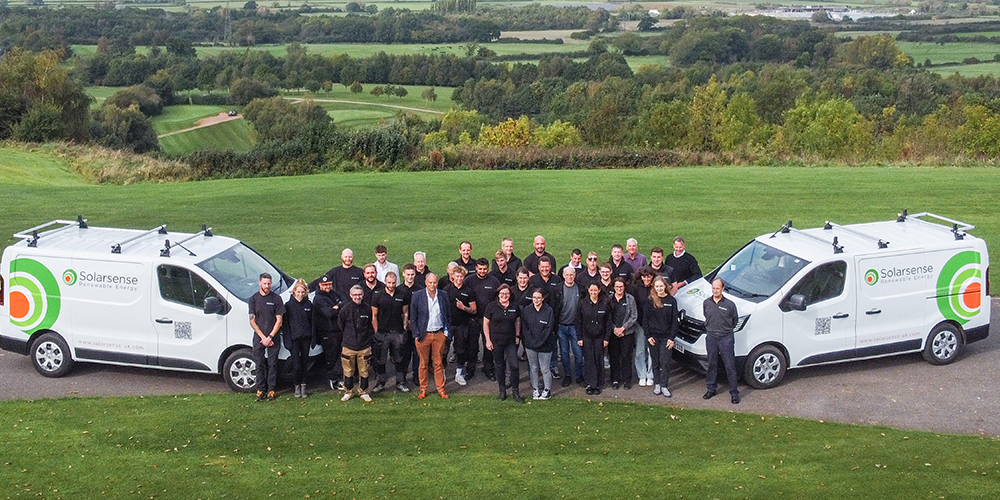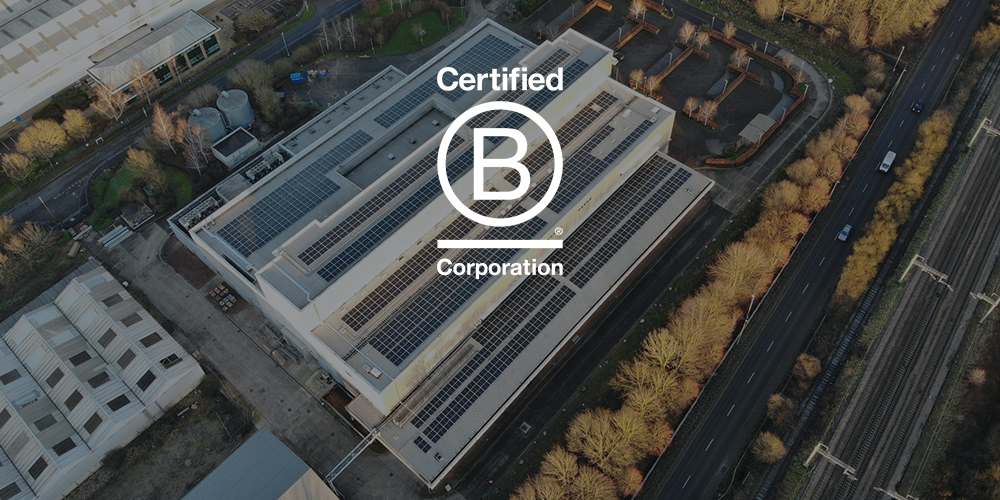
CLEAN ENERGY NEWS
Solar energy trends
With 2023 regarded as the “best year ever for domestic solar installations“, what is happening in the world of commercial renewable energy and what are the trends to watch out for in 2024?
1. Growing take-up of solar energy
Solarsense reported a 400% increase in enquiries from the manufacturing sector in early 2023 and this has resulted in the busiest year ever for the firm, with huge growth in both the number and scale of commercial projects. We’re predicting this will continue strongly into 2024.
“Panels now cost a tenth of what they did even ten years ago,” says Stephen Barrett, Managing Director of Solarsense. “It’s that, combined with the rising cost of electricity which means solar is offering the best returns we’ve ever seen, so more and more businesses are making the switch.”
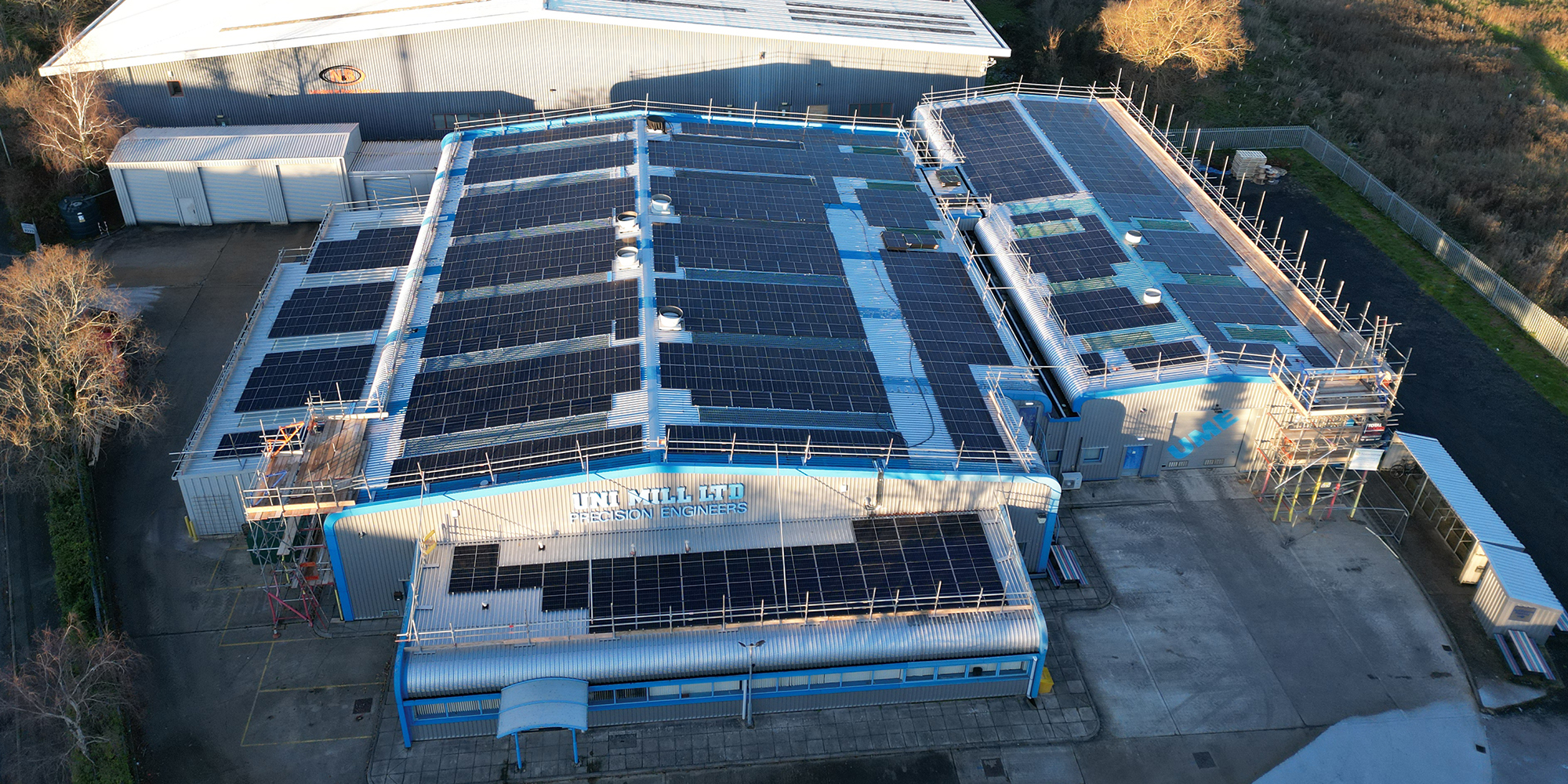
2. Expansion of existing solar installations
As well as a rising number of new enquiries, Solarsense is also seeing many businesses wanting to expand existing systems. With the high costs of energy, expect to see even more panels being installed on east/west or even north facing roofs in 2024.
“At Renishaw we covered every bit of roof, and we’ve kept looking at where else is possible and adding more,” says Ben Goodare, Head of Sustainability at Renishaw, speaking during a recent webinar. “We were astonished to find the ROI [of the extra PV panels] was actually better than the original installation at that site, not only because technology has moved on but also because of the price of electricity. It delivered an incredible return.”
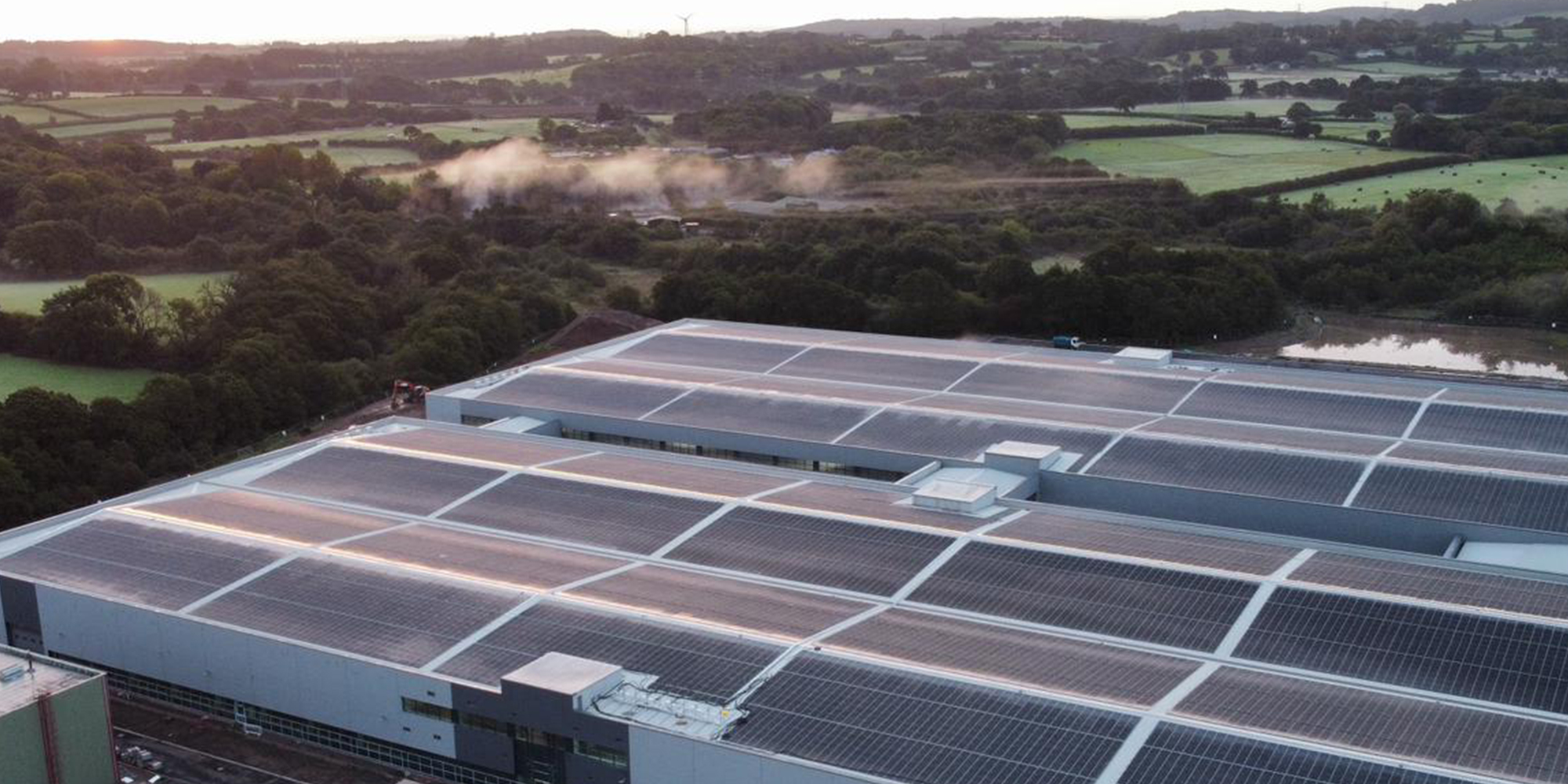
3. Batteries will become the norm
This will be the year that having a battery whilst installing commercial solar becomes the norm. Until now, the high cost of battery technology has meant that battery storage only makes sense for high nighttime use sites, such as computer servers and hospitality. But new battery control systems look set to change that.
“New battery control systems will control batteries and usage in a smart grid way, selling the power at high value times and conserving power by turning off equipment for short periods,” explains Stephen Barrett.
New technology such as the impHub uses AI to handle all day-to-day energy management and connect business to the UK’s smart grid. This means investment in batteries will pay for itself in a much shorter period and we expect this to grow rapidly in 2024.
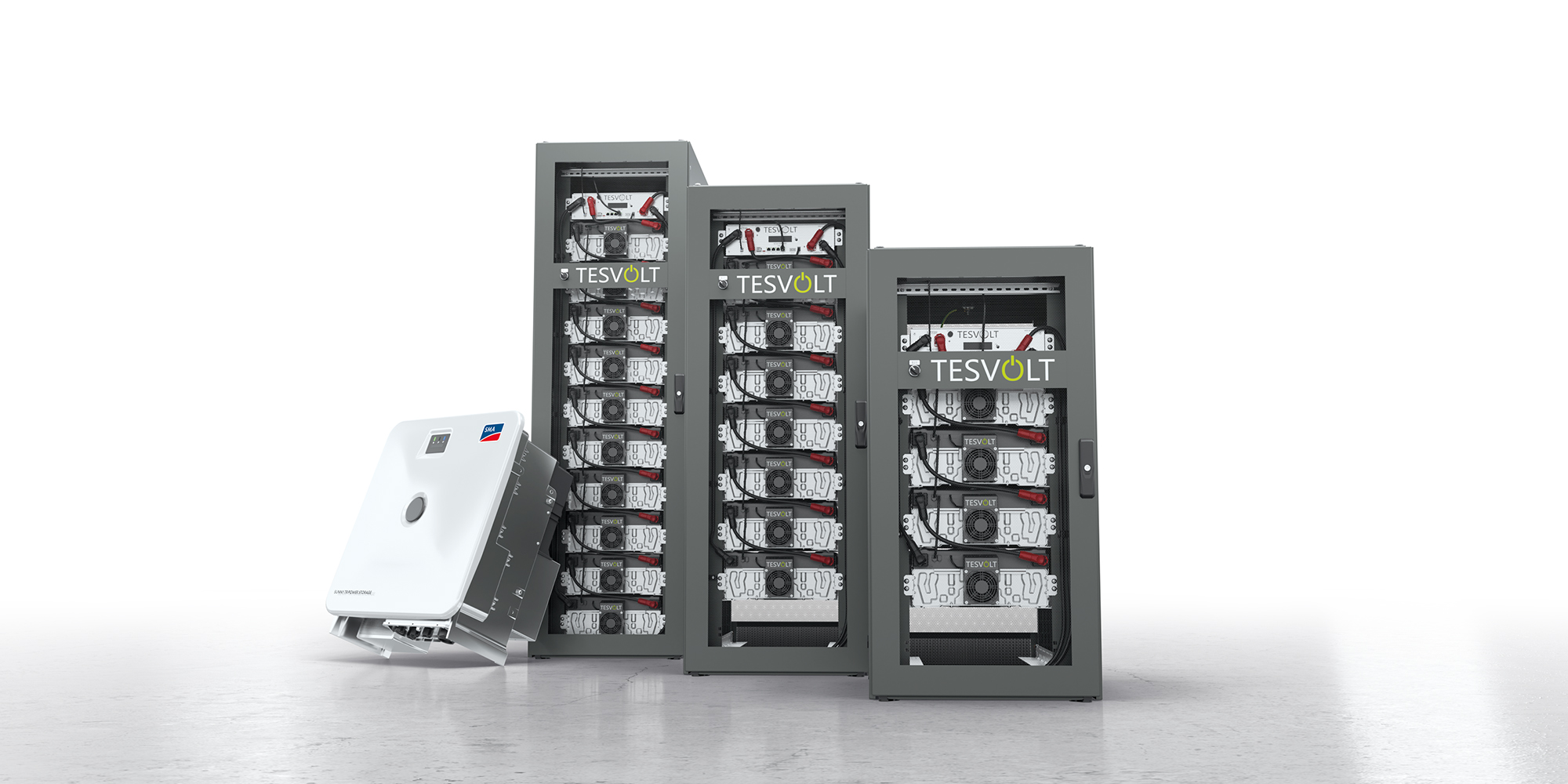
4. Increasing popularity of solar car ports
More commonly seen in warmer countries such as France or Italy, solar car ports will become increasingly popular in the UK in 2024 as businesses look for additional space for solar energy generation. Solarsense has already installed carports for clients across the country, including Bicester Leisure Centre and the RSPB.
“Carports are a great option for expanding an existing system and can help towards charging electric vehicles,” says Renewable Energy Consultant Tim Cook. “They also provide a very visible indication of a company’s commitment to sustainability as they are often more prominent than roof mounted panels”.
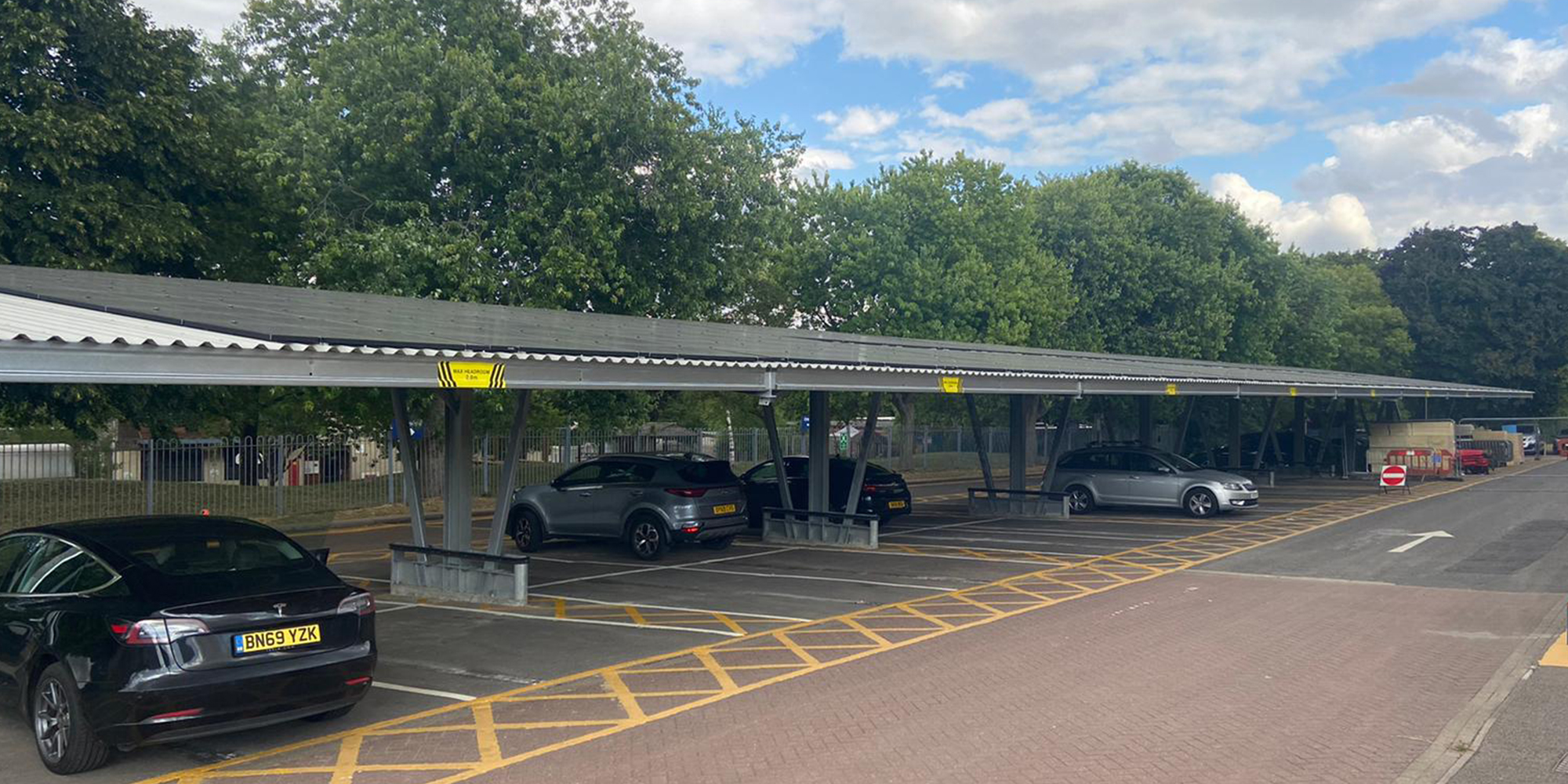
5. Asset finance will become the main source of funding
Traditionally many companies have self-funded PV panels but asset finance is becoming increasingly popular and Solarsense predicts it will become the main source of funding for solar in 2024. Later in the year, watch out for the launch of new seasonal asset finance options from specialist providers Smart Ease, which will make installing solar PV cost neutral from day one.
“It’s a no-brainer,” says Gaige Ross, UK National Sales Director for Smart Ease. “With asset finance you can switch to solar with no upfront cost and install a system that is cashflow positive from day one – saving your own money for business growth.”
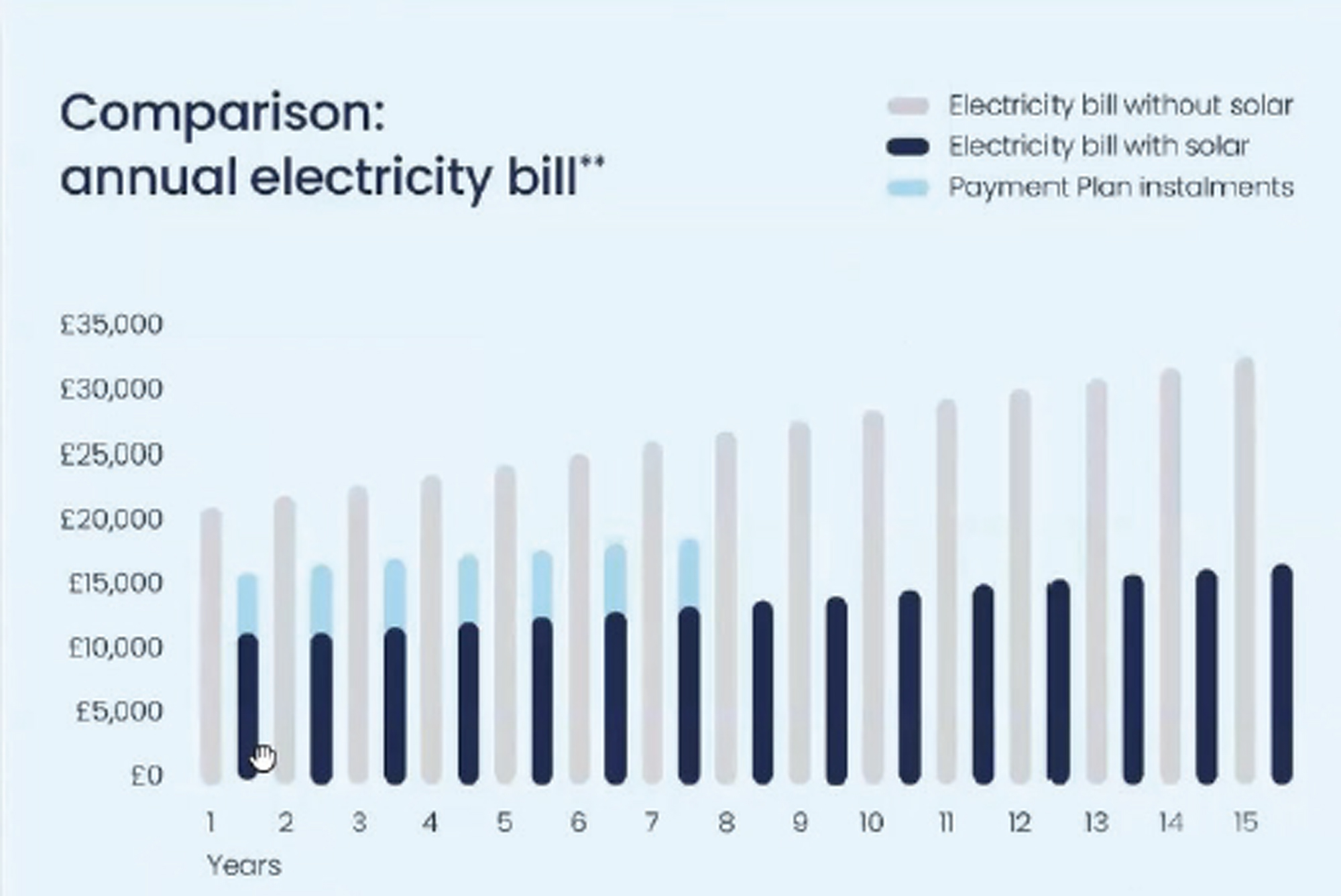
6. Growth of on-site renewable energy generation in the leasehold market
Solarsense is increasingly being approached by commercial landlords, who –understanding the ROI – are installing solar across their portfolios and making their properties more attractive to tenants. It is likely this trend will continue in 2024 with both landlords and tenants seeing the benefits of lower energy bills and long-term energy security.
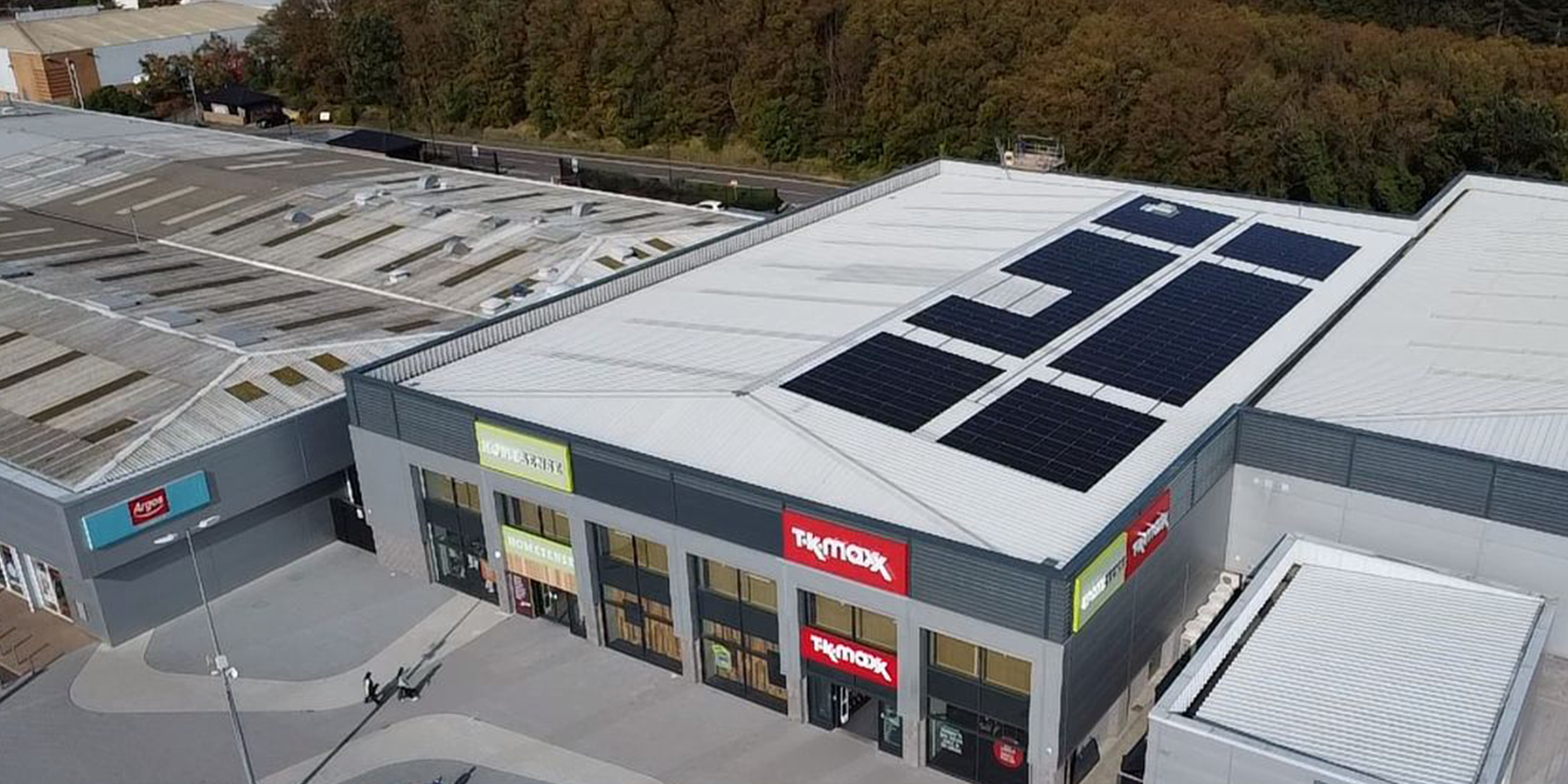
7. Increasing pressure to resolve grid capacity issues
The National Grid is under strain in certain areas of the UK and, ahead of modernisation, this can restrict what businesses can install or, more often, it can restrict how much energy can be exported to the grid. With the ever-increasing number of on-site renewable energy installations, it is likely that the backlog of projects waiting to join the grid to grow in 2024 so it will be important for businesses to plan ahead.
“The message is, get in before your neighbours, and get that grid offer in place,” says Tim Cook. “Once secured, it gives you six months or so to get an installation delivered and commissioned.”
8. Greater uptake of solar in the retail sector
While solar is already widely used in industries such as manufacturing, in 2024 we expect the retail sector to get in on the game. Solarsense recently installed 550 solar panels on the Lidl supermarket roof in Slough (on behalf of landlord, Orchard Street) while Tesco has recently announced plans to install solar PV on 100 stores across the country in the next three years.
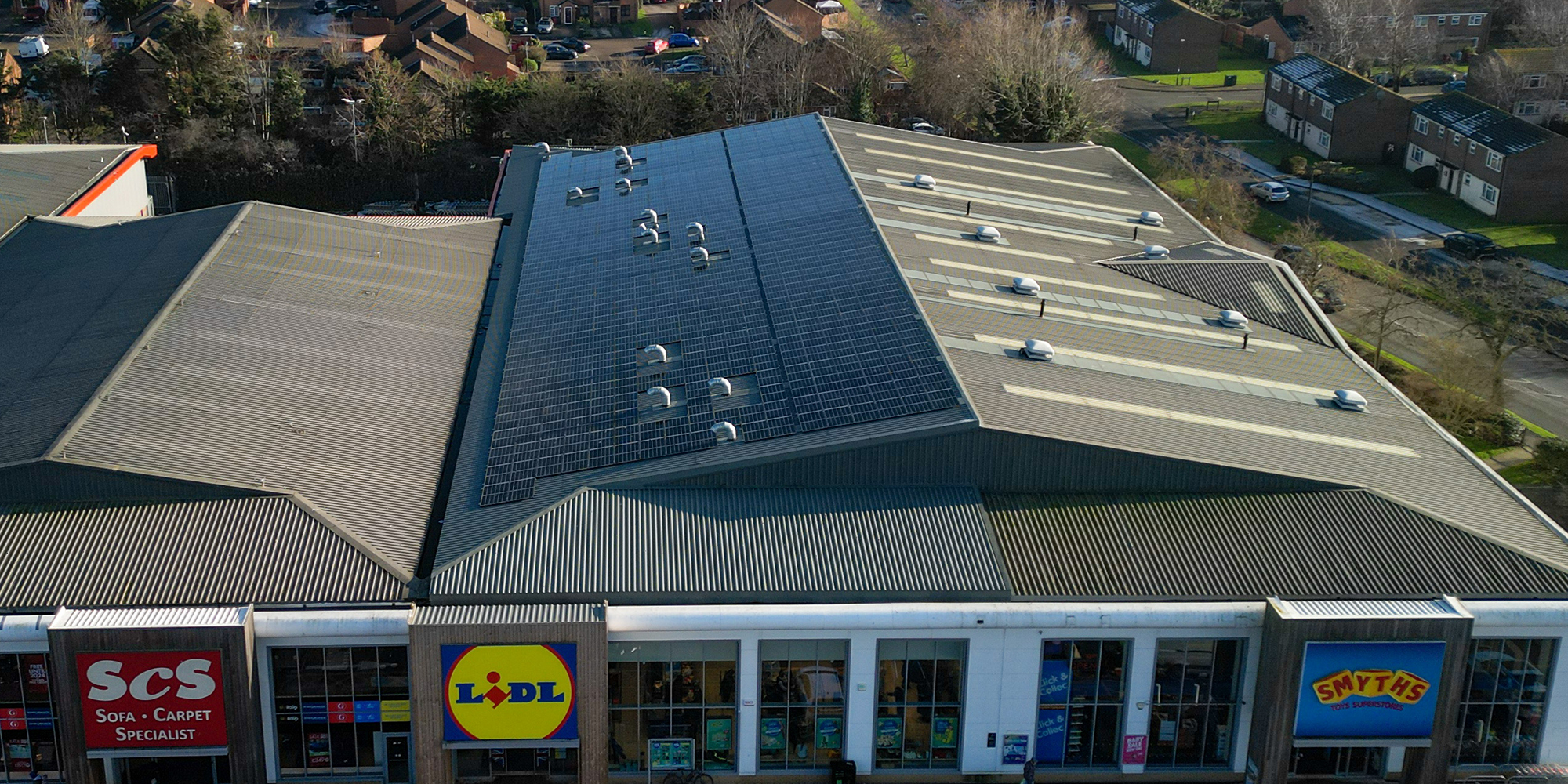
9. Use of solar on listed buildings
Issues of planning permission can make the process of installing solar more onerous when it comes to listed buildings, but a growing number of organisations are recognising that the financial and environmental benefits justify the effort. Bristol Old Vic – the oldest continuously working theatre in the English-speaking world – is just one of the historic buildings to install solar panels this year and we predict more will follow suit in 2024.
“The major phase of refurbishment we completed five years ago helped ensure our building was working hard to be as sustainable as possible, but [solar PV] was a missing piece until now,” says the Old Vic’s productions and operations director David Harraway. “We are so pleased with the result, the Solarsense team managed the installation carefully and sensitively.”

10. Planning changes will make the process of installing solar even easier
Both households and businesses will benefit from changes to planning rules designed to boost the rollout of solar. It was announced 30 November that the government has removed the 1MW capacity restriction, meaning businesses will no longer need to apply for planning permission for systems generating over 1MW of electricity. Look out for more such changes in 2024.
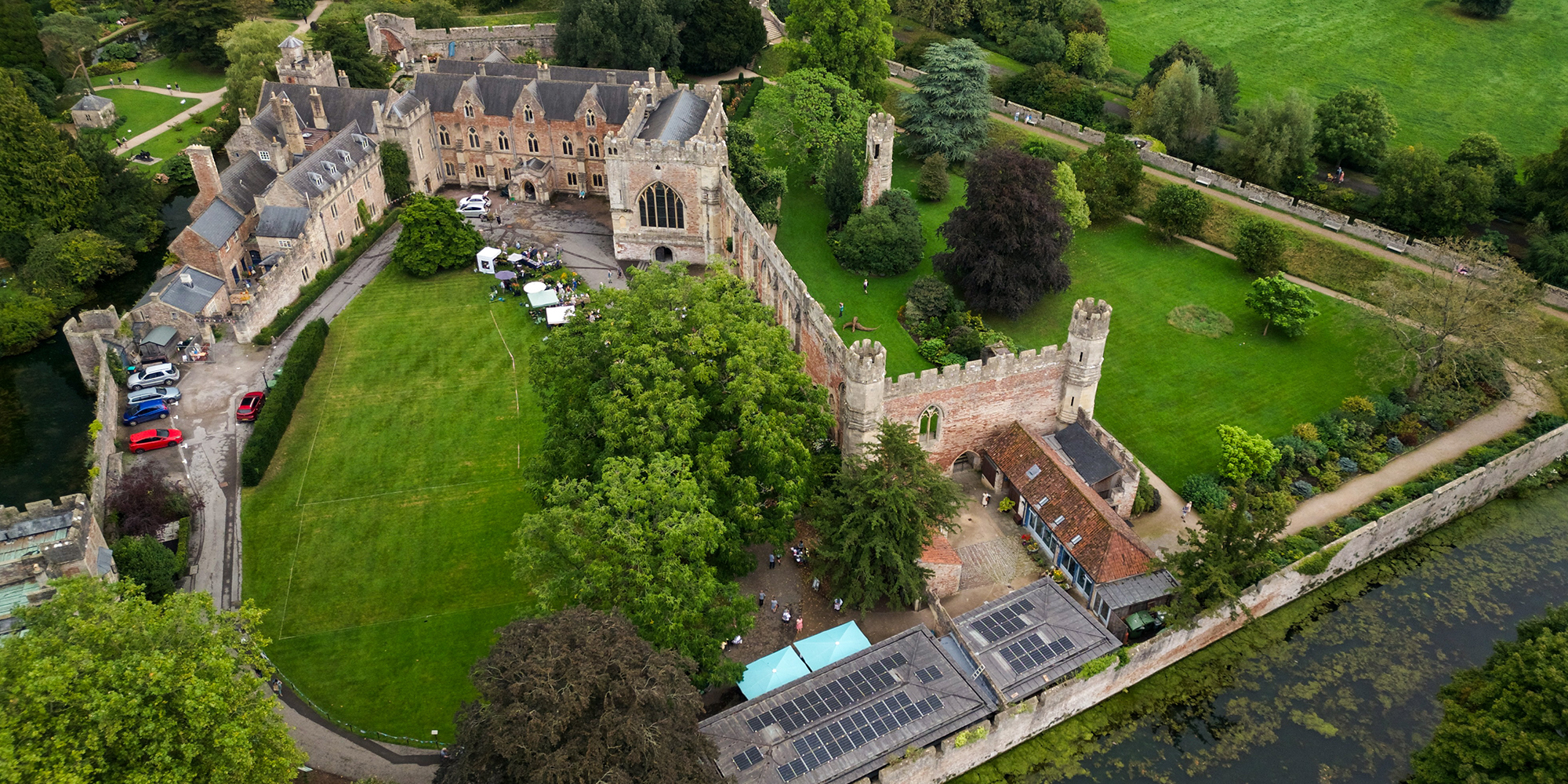
FURTHER NEWS
You might like…

